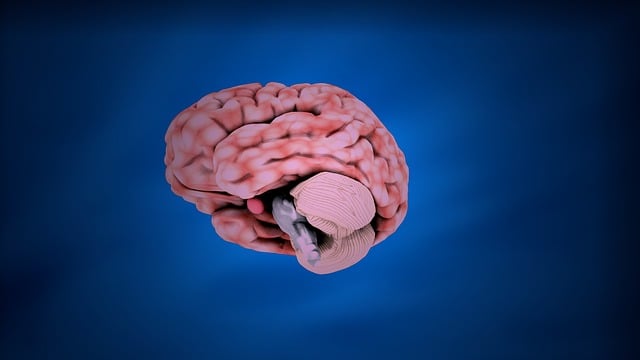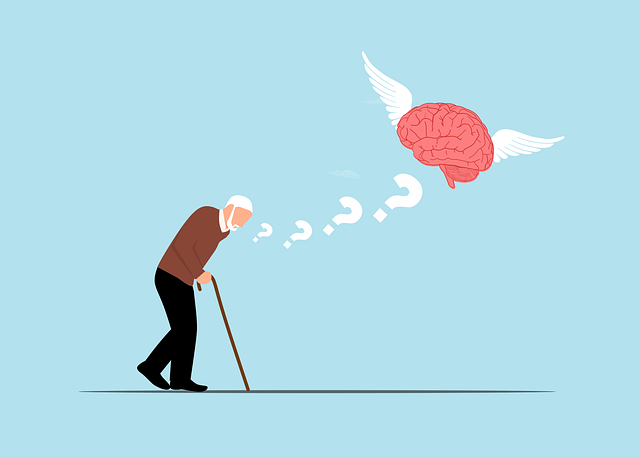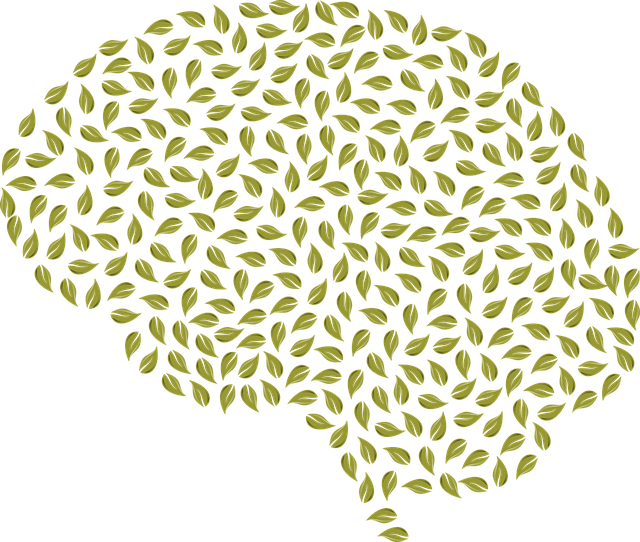Gambling addiction among young adults is a growing concern due to easy access to online platforms, often going unnoticed until severe stages with negative impacts on academics, social life, and mental health. Early recognition of problem gambling signs is crucial. Specialized therapy programs for young adults, incorporating compassion cultivation, mindfulness meditation, and social skills training, have shown effectiveness. These strategies help develop healthier coping mechanisms, empathy, self-awareness, impulse control, emotion regulation, and resilient support networks for long-term recovery in Therapy for Young Adults Gambling. Key components include mental wellness coaching, public awareness campaigns, healthcare provider training, peer-based support groups, specialized organizations, and trauma support services.
Gambling addiction among young adults is a growing concern, with significant implications for their well-being and future prospects. This article explores effective coping skills development as a crucial aspect of recovery from gambling addiction. We delve into the understanding of this issue in young adults and highlight the importance of coping strategies.
Additionally, we provide insights on building support systems and utilizing resources, including therapy specifically tailored for young adult gamblers seeking to overcome their addiction.
- Understanding Gambling Addiction in Young Adults
- Coping Skills for Gambling Addiction Recovery
- Support Systems and Resources for Effective Coping
Understanding Gambling Addiction in Young Adults

Gambling addiction among young adults is a growing concern, as access to online gambling platforms has increased significantly in recent years. This issue often goes unnoticed until it reaches severe stages, impacting an individual’s academic performance, social life, and mental health. Recognizing the signs of problem gambling early on is crucial for effective treatment. Many young adults struggling with addiction may benefit from specialized therapy programs tailored to their age group.
One evidence-based approach gaining traction is incorporating compassion cultivation practices, mindfulness meditation, and social skills training into therapeutic settings. These strategies not only help individuals develop healthier coping mechanisms but also foster empathy and self-awareness. By participating in such programs, young adults can learn to manage impulses, regulate emotions, and build resilient support networks, which are all essential components of overcoming gambling addiction and promoting long-term recovery.
Coping Skills for Gambling Addiction Recovery

Coping with gambling addiction is a critical aspect of recovery for young adults seeking therapy. This process involves developing effective coping skills to manage urges and prevent relapse, especially in high-risk environments like casinos or online gaming platforms. Mental wellness coaching programs play a pivotal role here by teaching individuals strategies to recognize triggers, regulate emotions, and adopt healthier behaviors. Through one-on-one sessions or group therapy, young adults learn techniques such as mindfulness, stress management, and cognitive reframing, which are essential tools in their recovery arsenal.
In addition to these personalized interventions, public awareness campaigns can significantly contribute to the development of coping skills for gambling addiction. By raising awareness about the risks and signs of problem gambling, these campaigns empower individuals and their loved ones to seek help early on. Moreover, healthcare provider cultural competency training is crucial in ensuring that professionals are equipped to offer sensitive and effective support to young adults struggling with gambling addiction, considering the unique challenges they face in their recovery journey.
Support Systems and Resources for Effective Coping

Building a strong support system is integral to effective coping strategies. For young adults struggling with gambling addiction, connecting with like-minded peers through support groups or community programs can offer a sense of belonging and understanding. These networks provide a safe space to share experiences, gain insights from others’ journeys, and learn valuable coping mechanisms tailored to their unique challenges. Many organizations now cater specifically to the needs of young adults in therapy for gambling addiction, ensuring specialized care and fostering a supportive environment.
In conjunction with these peer-based systems, accessing professional resources is vital. Trained healthcare providers equipped with cultural competency training can offer personalized guidance and treatment plans. They utilize communication strategies to establish trust and create safe spaces for clients to open up about their struggles. Additionally, trauma support services play a crucial role in addressing the underlying causes of gambling addiction, promoting holistic healing, and enhancing overall coping abilities.
Gambling addiction among young adults is a complex issue, but with the right coping skills and support systems, recovery is achievable. By understanding the underlying causes of gambling addiction and utilizing effective coping strategies, individuals can take significant steps towards overcoming their struggles. Accessing specialized therapy for young adults gambling, along with leveraging available resources, empowers those affected to rebuild their lives free from addiction’s grasp. This journey requires resilience and perseverance, but with dedicated support, lasting recovery is within reach.










